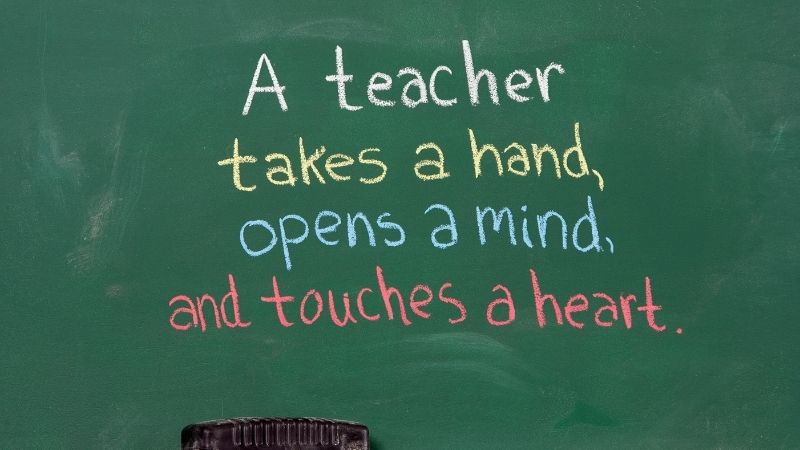
The intersection between academics and extracurricular activities in high school is a topic of significant interest and importance. Students today are faced with the challenge of balancing their academic responsibilities with their personal interests and pursuits outside of the classroom.
This article aims to provide a comprehensive guide on various extracurricular activities available in high school, such as school clubs, band, drama, and debate team. It will explore the skills learned through these activities and examine their contribution to overall student achievements.
By understanding the potential benefits of engaging in extracurricular activities, students can make informed decisions about how to best allocate their time and energy for optimal growth and development.
Key Takeaways
- High school extracurricular activities, such as school clubs, band, drama, and debate team, provide opportunities for personal growth, skill development, and social connections.
- These activities contribute to the development of important skills such as teamwork, leadership, time management, communication, critical thinking, and problem-solving.
- Participating in these activities can enhance academic success by improving time management and organization skills, increasing motivation, and providing unique learning opportunities.
- Balancing academics and interests through extracurricular activities promotes a well-rounded education, personal growth, and overall achievements.
The benefits of high school extracurricular activities encompass the acquisition of valuable skills and the potential contribution to overall student achievements.
Engaging in extracurricular activities allows students to explore different options and discover their interests outside of the academic realm. Through participation in clubs, sports teams, or arts programs, students have opportunities to develop a range of skills that can positively impact their personal growth and future prospects.
One significant advantage is the building of social skills. Extracurricular activities provide platforms for students to interact with peers who share similar interests, fostering teamwork, communication, and collaboration. This enhances their ability to form meaningful relationships and develop vital interpersonal skills necessary for success in various aspects of life.
Moreover, participating in extracurricular activities has been found to improve self-esteem, time management abilities, leadership qualities, and organizational skills - all valuable attributes that contribute to overall student achievements both inside and outside the classroom.
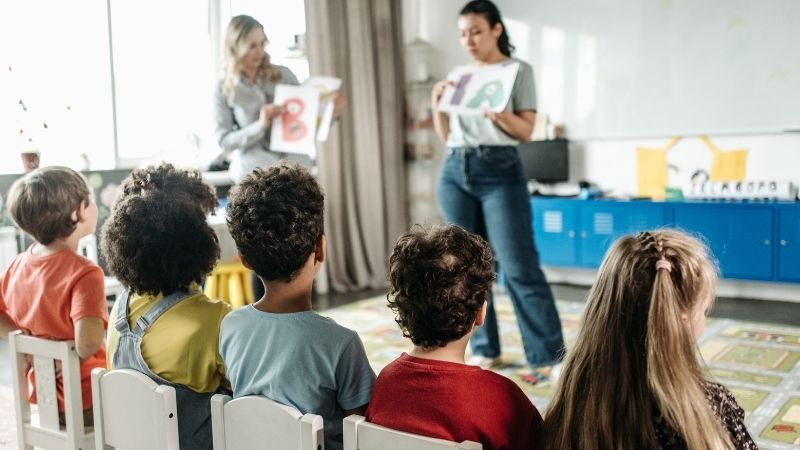
Exploring School Clubs: A Guide for High School Students
This discussion aims to explore the benefits of school clubs and provide guidance on how to find the right club for high school students.
School clubs offer numerous advantages, including opportunities for personal growth, skill development, and social connections.
To maximize these benefits, it is crucial for students to choose a club that aligns with their interests, goals, and strengths.
Benefits of School Clubs
Participation in school clubs offers high school students an opportunity to develop a range of valuable skills and contribute to their overall academic achievements. School clubs, including sports teams, have numerous benefits for students. Some of these include:
Physical fitness: Sports clubs provide an avenue for students to engage in physical activities, promoting good health and well-being.
Teamwork: Clubs foster collaboration and teamwork among peers, enhancing communication skills and the ability to work effectively with others.
Leadership development: Through club involvement, students can take on leadership roles, developing vital leadership skills such as decision-making and problem-solving.
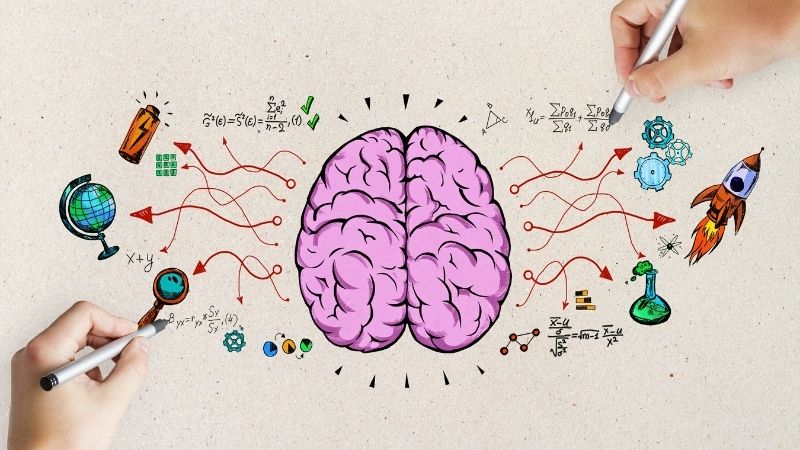
Time management: Balancing academics with club commitments teaches students how to effectively manage their time, a skill that is important for success in college and beyond.
College applications: Involvement in clubs demonstrates a student's commitment, dedication, and passion outside of academics. This can positively impact college applications by showcasing well-roundedness.
Overall, participating in school clubs provides high school students with opportunities to acquire various skills while making a positive impression on college admissions.
Finding the Right Club
Finding the right club involves considering one's interests, goals, and desired level of involvement. High school offers a wide range of extracurricular activities such as clubs, bands, drama groups, and debate teams that cater to diverse interests.
Exploring these options allows students to pursue their passions or discover new ones. Participating in clubs provides numerous benefits for high school students. Firstly, it allows them to develop valuable skills such as leadership, teamwork, and time management.
Secondly, it provides an opportunity for personal growth by enabling students to step out of their comfort zones and engage with different perspectives. Additionally, club participation fosters a sense of belonging and community among students with similar interests or goals. It also enhances social skills and builds lasting friendships.
Ultimately, finding the right club enables students to enjoy their high school experience while developing important life skills and pursuing their passions simultaneously.
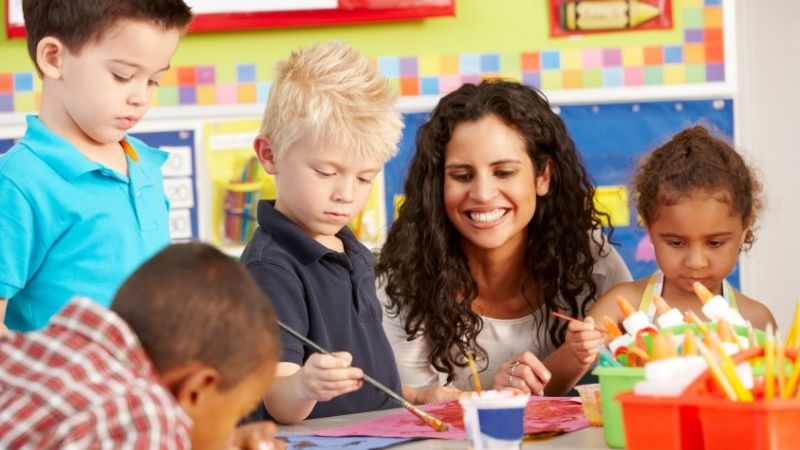
The Impact of Band on Student Development
This discussion will focus on the impact of band on student development, specifically examining the key points of musical skills and teamwork, as well as personal growth through music.
Numerous studies have highlighted that participating in a school band can enhance musical abilities such as instrumental technique, sight-reading, and ensemble playing.
Additionally, being part of a band fosters teamwork and collaboration skills through rehearsals and performances, promoting a sense of collective achievement among students.
Furthermore, engaging with music in a group setting has been found to contribute to personal growth by fostering discipline, self-expression, and emotional well-being.
Musical Skills and Teamwork
Collaborative musical activities in high school extracurricular clubs provide students with opportunities to develop both technical skills and interpersonal abilities. Such activities, like team building in orchestra, offer a range of benefits for students' overall growth and achievement. Here are five key advantages:
Enhanced musical collaboration: Working together in a musical ensemble fosters cooperation, communication, and coordination among students.
Improved listening skills: Students learn to actively listen to others' playing, enabling them to blend their individual contributions into a cohesive whole.
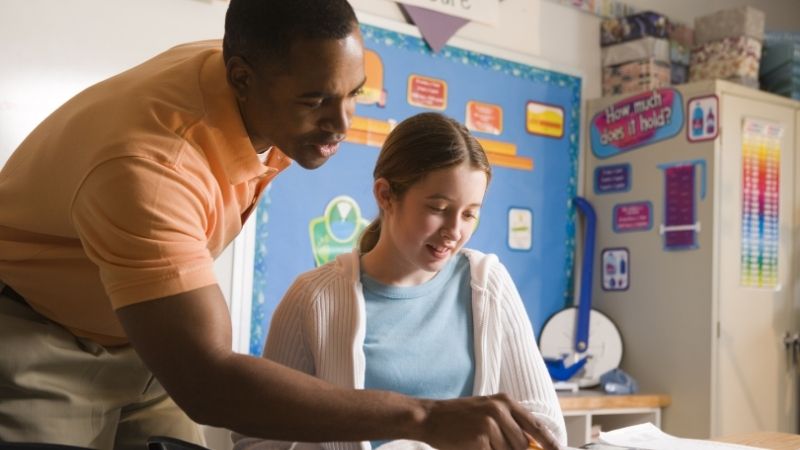
Development of leadership qualities: In orchestral settings, students have the chance to take on leadership roles such as section leaders or concertmasters.
Strengthened problem-solving abilities: Musicians often encounter challenges while practicing or performing together, requiring them to find creative solutions collaboratively.
Increased cultural awareness: Through exposure to a diverse repertoire of music from various time periods and cultures, students gain an appreciation for different artistic traditions.
These experiences lay the foundation for personal growth through music by fostering self-confidence and resilience.
Personal Growth Through Music
The pursuit of personal growth through music encompasses a variety of factors, including self-confidence, resilience, and the development of artistic expression.
Engaging in musical activities can aid in developing discipline and building confidence. Research has shown that participating in music programs fosters self-discipline by requiring consistent practice and dedication to improve musical skills. This discipline can transfer to other areas of life, such as academics or career aspirations.
Additionally, music provides a platform for individuals to express themselves creatively and develop their unique artistic voice. Through performances and collaborations with others, musicians learn to overcome challenges and setbacks, fostering resilience.

Overall, the pursuit of personal growth through music not only enhances musical abilities but also cultivates valuable life skills that contribute to an individual's overall achievements and well-being.
Unleashing Creativity: The Power of Drama in High School
Drama in high school offers students a platform to cultivate their creativity and artistic expression. It serves as an outlet for self-expression, allowing students to explore different emotions, characters, and narratives.
Participating in drama activities can have a profound impact on personal growth and development, providing numerous benefits such as building confidence, improving communication skills, fostering teamwork, enhancing problem-solving abilities, and promoting empathy.
Through drama exercises and performances, students are encouraged to step outside of their comfort zones and take risks creatively. This not only allows them to discover hidden talents but also helps them develop resilience in the face of challenges.
Drama provides an inclusive space where students can freely express themselves without judgment or inhibition while simultaneously honing vital life skills that contribute to their overall achievements.
Developing Critical Thinking Skills Through Debate Team
Transitioning from the previous subtopic on drama in high school, another extracurricular activity that plays a crucial role in developing critical thinking skills is the debate team.
Debate teams provide students with opportunities to engage in structured arguments and analyze complex issues from multiple perspectives. Through research, analysis, and public speaking, students learn to think critically, formulate logical arguments, and communicate effectively. The competitive nature of debates fosters teamwork as debaters collaborate with teammates to develop strategies and counterarguments.
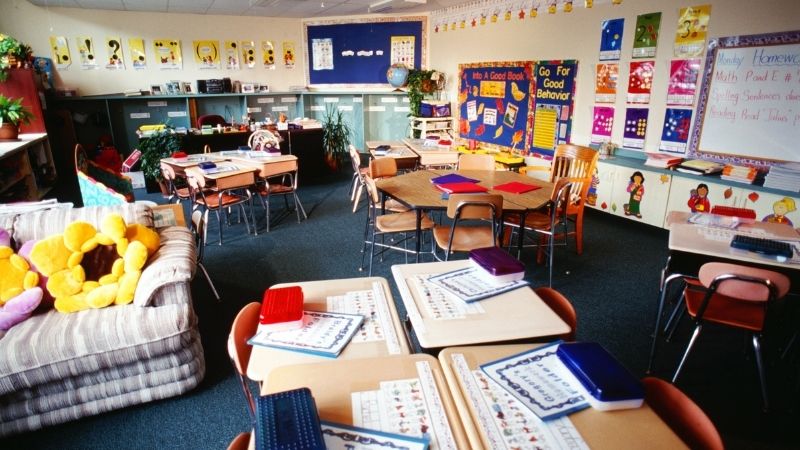
Participating in debate activities can greatly contribute to overall student achievements. The skills acquired through debate can enhance academic performance by improving analytical thinking and problem-solving abilities. Furthermore, the development of communication skills enables students to express their ideas clearly and persuasively both inside and outside the classroom. These valuable skills are not only beneficial for future academic pursuits but also for personal growth and success in various professional settings.
Moving forward, we will explore the connection between extracurricular activities such as debate team participation and academic success.
Extracurricular Activities and Academic Success: Making the Connection
Participation in extracurricular activities has been found to positively impact academic success by fostering the development of valuable skills and enhancing overall student performance. Research suggests that students who engage in extracurricular activities are more likely to excel academically and have higher rates of college admission.
Here are five key ways in which extracurricular activities contribute to academic success:
Improved time management: Engaging in extracurricular activities requires students to effectively manage their time, leading to better organization skills and increased productivity.
Enhanced social skills: Through participation in clubs, sports teams, or other groups, students develop important interpersonal skills such as communication, teamwork, and leadership.
Increased motivation: Involvement in extracurriculars provides students with a sense of purpose and passion outside the classroom, which can translate into greater motivation for academic achievement.

Expanded learning opportunities: Extracurricular activities often offer unique learning experiences not typically found within the traditional curriculum, promoting intellectual growth and curiosity.
Demonstrated commitment: College admissions committees value applicants who exhibit dedication and involvement beyond academics. Participation in extracurriculars showcases a well-rounded individual with diverse interests and talents.
Overall, engaging in extracurricular activities can greatly benefit students' academic journey by developing crucial skills while also making them more competitive for college admissions.
Frequently Asked Questions
High school students can balance their academic workload with extracurricular activities through effective time management and prioritizing commitments. By allocating specific blocks of time for studying and participating in activities, students can maintain a balanced schedule and achieve success in both areas.
Certain extracurricular activities, such as debate team and leadership roles in school clubs, have been shown to improve academic performance and build leadership skills, thus potentially enhancing college admissions chances.
Maximizing extracurricular skills for future careers can be achieved through internships and networking opportunities. Exploring career interests can be done through job shadowing and mentorship programs, providing valuable experiences that contribute to overall student achievements.
How Can Students Find Extracurricular Activities That Align With Their Interests and Goals?
Finding the right fit: exploring interests and passions is crucial for students when selecting extracurricular activities. Personal growth occurs as they develop skills and character strengths, contributing to overall student achievements.

Potential challenges students may face when participating in high school extracurricular activities include managing their time effectively and balancing academic commitments. Research suggests that these challenges can be overcome through proper planning and prioritization.
 Careers in EducationElementary EducationHigh School EducationEducational TechnologyTeaching StrategiesSpecial EducationPrivacy PolicyTerms And Conditions
Careers in EducationElementary EducationHigh School EducationEducational TechnologyTeaching StrategiesSpecial EducationPrivacy PolicyTerms And Conditions
